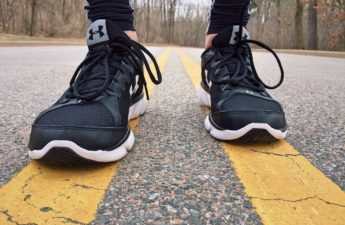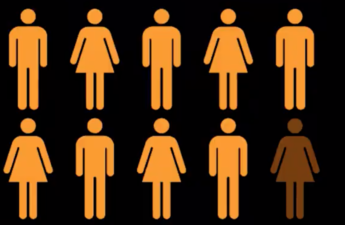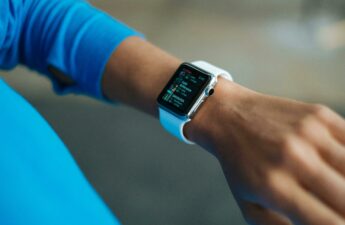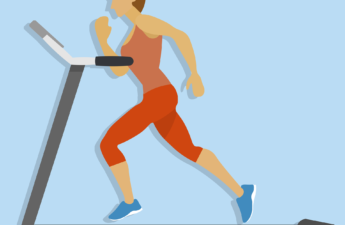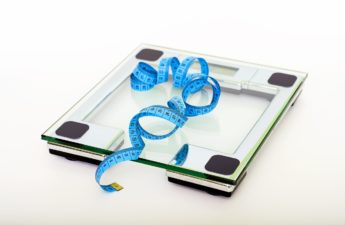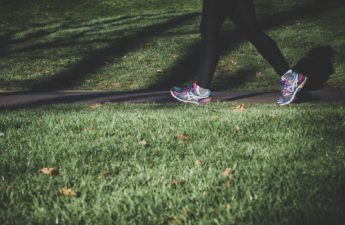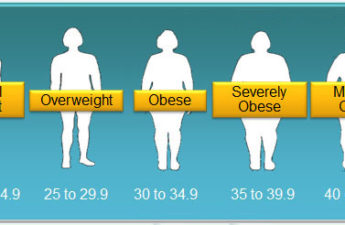Category: Fitness
Health News Headlines.
Price cut for weight-loss drug – US heat deaths hit record high – Back-to-school shots fall – DEET safe?
Being a ‘weekend warrior’ could be as good for brain health as exercising throughout the week, new study shows
The findings of a new study suggest “weekend warriors” – those who get most of their exercise on the weekend – may enjoy the same brain health and mental health benefits as those who exercise regularly throughout the week.
Health News Headlines
Measles in Oregon and Georgia – Obesity drug cuts diabetes risk 93% – Playstation is good for you
How accurate are wearable fitness trackers? Less than you might think
As wearable technologies continue to permeate various facets of health and lifestyle, it is important to approach manufacturers’ claims with a healthy dose of scepticism.
4 ways to cut down on meat when dining out – and still make healthy choices
When you’re making your own food, it’s easier to adapt recipes or reduce the amount of meat. But when faced with a menu, it can be difficult to work out what is the best option.
HIIT workouts linked with better brain health, research finds – even five years later
A recent study has now revealed that one particular type of workout may be better than others when it comes to boosting brain health. The researchers found a link between high-intensity interval training (HIIT) workouts with better memory and brain volume in older adults. And, these brain benefits even lasted up to five years after the study was completed.
Castor oil is all the rage among health influencers – what you need to know about this alternative remedy
Castor oil, which was once used by fascists in Italy as punishment because of its quick-acting laxative effect, is now a weight-loss trend on TikTok. Not drinking it, but rubbing it on your belly.
Influencers are also pouring it in their belly buttons and wrapping towels soaked in it around their midriff. They claim it can melt belly fat and help with bloating.
Health News Headlines
Measles cases triple – 400 million have had long covid – Pesticides on fruits and vegetables.
Food and exercise can treat depression as well as a psychologist – and it’s cheaper
Previous studies have found “lifestyle” therapies are effective for depression. But they have never been directly compared with psychological therapies – until now.
Why Millions Are Trying FDA-Authorized Alternatives to Big Pharma’s Weight Loss Drugs
Dry industry officials estimate that several large compounding pharmacies are provisioning up to 2 million American patients with regular doses of semaglutide, the scientific name for Novo Nordisk’s Wegovy, Ozempic, and Rybelsus formulations, or tirzepatide, the active ingredient in Eli Lilly’s Zepbound and Mounjaro.
Walking can prevent low back pain, a new study shows
Walking not only prevents recurrence of low back pain, it also delivers many other health benefits, including better heart health, improved mood and sleep quality, and reduced risk of several chronic diseases.
Why you shouldn’t be afraid to start running after middle age
Alister Hart, UCL As someone who started marathon running in mid-life, I know how many aches and pains (and doubts) you can have if you take on the challenge to start running at an older age. But as an orthopaedic…
Stop asking me if I’ve tried keto: Why weight stigma is more than just being mean to fat people
Fat stigma can take the form of overt discrimination, but it is often insidious, pervasively entrenched into our society and environment.
What is metabolism? A biochemist explains how different people convert energy differently − and why that matters for your health
Simply put, a primary role of metabolism is to convert chemical energy into electrical energy and back into chemical energy. How this energy is transferred throughout the body might play a central role in determining whether you’re sick or healthy.
Drugs like Ozempic won’t ‘cure’ obesity but they might make us more fat-phobic
Ironically, while fat people are told they need to lose weight for their health, they are also shamed for “cheating” or taking shortcuts by using medication.

